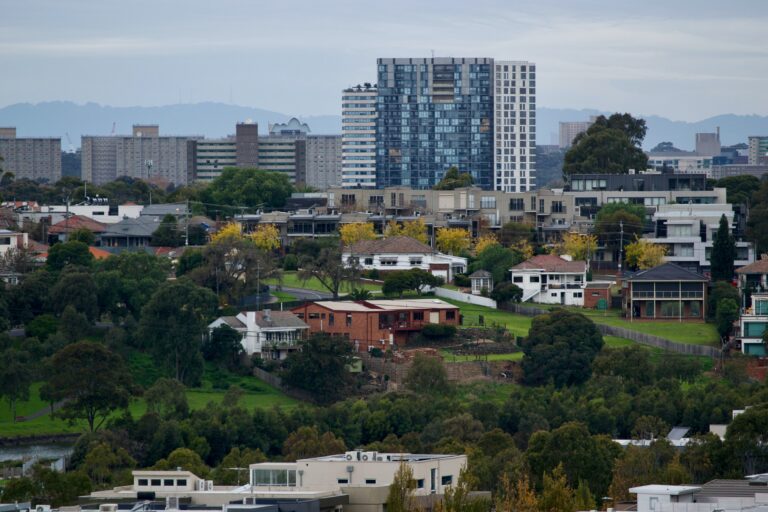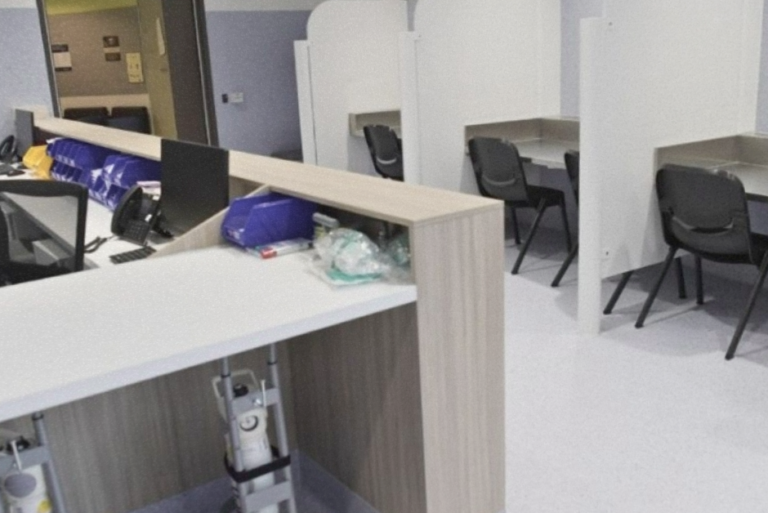30th April 2024 12:59pm
Victorian Legislative Council, Melbourne
David ETTERSHANK (Western Metropolitan) (12:58):
My constituency question is for the Minister for Environment. My constituent lives in Yarraville and is concerned about the lack of filtration on the ventilation stacks for the proposed West Gate Tunnel.
Last year Maribyrnong council declared a health emergency due to poor air quality, noting that hospital admissions for young people with respiratory ailments are 171 per cent above the Australian average. The tunnel is supposed to reduce air pollution by moving vehicles underground, but if vehicle emissions are simply pumped back via unfiltered stacks, it will do nothing to alleviate the problem.
The Minister for Planning’s assessment in 2017 stated that the EPA did not recommend emission control equipment, and proposed instead ‘a better targeted, multifaceted approach’ with ‘mitigation measures’ to ‘target localities directly’ affected by the project.
My constituent asks: what measures has the government implemented or will it be implementing to reduce air pollution to acceptable levels, and what monitoring is being put in place to ensure these measures are effective?
Written Answer
Received: 25 June 2024
Hon Steve Dimopoulos MP
(Minister for Environment, Minister for Tourism, Sport and Major Events, Minister for Outdoor Recreation)
I thank the member for his question.
The West Gate Tunnel will help reduce air pollution by moving traffic off roads where people live and work, putting vehicles underground. In a tunnel, vehicle emissions can be controlled and dispersed more effectively. Emissions are monitored to ensure the ambient air quality meets the project’s Environment Performance Requirements, which are in line with Victoria’s Environmental Reference Standards. Further information on ventilation and air quality for the West Gate Tunnel project can be found online (see https://bigbuild.vic.gov.au/library/west-gate-tunnel-project/fact-sheets/tunnel-ventilation-and-air-quality).
EPA conducted air quality monitoring around the West Gate Tunnel Project from July 2016 to December 2022 (see: https://www.epa.vic.gov.au/about-epa/publications/2058-west-gate-tunnel-project-air-monitoring-data-analysis). This data provides a baseline for assessing future air quality, with air quality monitoring continuing for up to 5 years around the site once the tunnel opens and will help explore any future actions that may be needed.
Beyond the West Gate Tunnel project, which will remove 9,000 trucks a day from local roads and introduce 24-hour truck bans on some local roads in the Inner West, Victoria’s Air Quality Strategy – Clean Air for all Victorians commits to targeted actions to reduce air pollution across our state and includes specific actions to protect and improve air quality in Melbourne’s western suburbs.
The strategy contains several initiatives to reduce diesel emissions from freight transport, including the $58 million Port Rail Shuttle Network project, the $125 million Port Rail Transformation project, the Melbourne Metro Rail Tunnel project, and the relocation of consolidated container storage closer to the Port of Melbourne. The strategy also commits $2.84 million to be invested to establish two air quality improvement precincts in Melbourne’s west, with grants offered for businesses in these precincts to fund actions that reduce localised air pollution. Six projects have been awarded funding in Altona, Brooklyn, Derrimut and Laverton North.
In addition to initiatives outlined in Victoria’s Air Quality Strategy, the Government also announced in the 2023/24 budget that $20 million will be allocated to the Clean Air for the Inner West grants program:
- $15 million for a grants program to modernise the truck fleet that travels through the western suburbs. Subsidies will be available to encourage truck operators to demolish their older vehicles and replace them to newer models that limit engine emissions.
- $5 million in grants available for local councils in Melbourne’s inner west to seal local roads to reduce dust pollution in the air.
The Government will review the Air Quality Strategy as actions are implemented to ensure it achieves its commitments while supporting our community, economy, and environment.
I thank the member again for his question, and for his advocacy and commitment to protecting our environment.
[ENDS]





